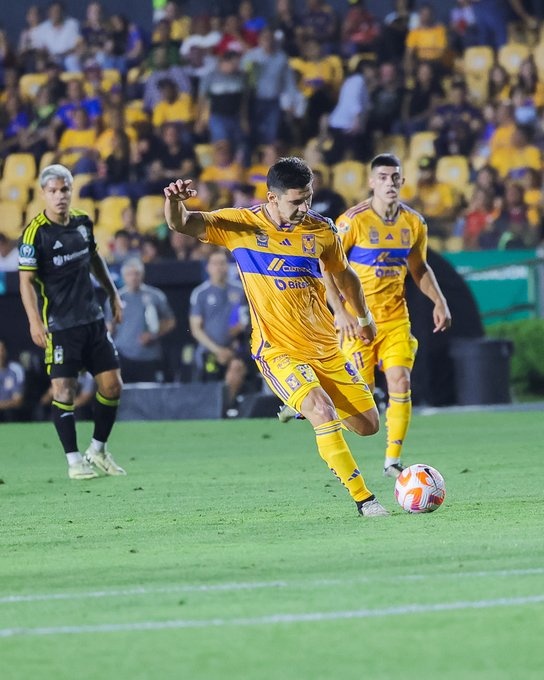featured

Tigres, eliminated from the Concachampions; falls on penalties against the Columbus Crew
Tigres was eliminated in the quarterfinals of the Concacaf Champions League. He had to win so as not to depend on any extra effort from his players, but he suffered more than necessary and ended …

Tigres, eliminated from the Concachampions; falls on penalties against the Columbus Crew
Tigres was eliminated in the quarterfinals of the Concacaf Champions League. He had to win so as not … Read more

Google and WhatsApp announce major change in backup policy
Google and WhatsApp have announced a major change in backup policy for Android users.Web Desk: Google Drive storage … Read more

US Vetoes Resolution on Palestinian Statehood at UN
inal ideas and information intact, but present them in a fresh and engaging way. The Complexities of the … Read more

Tragic Fire in Jakarta Kills Seven Victims – Latest News Update
Jakarta – The victim died as a result fire frame shop on Jalan Mampang Prapatan, South Jakarta, with … Read more

Financial Firms Urge Governments to Act on Plastic Pollution Ahead of Global Talks in Canada
A group of 160 financial firms urged governments on Friday to agree on a deal to end plastic … Read more


:max_bytes(150000):strip_icc()/Best-High-Protein-Low-Fat-Foods-Recommended-by-Dietitians-dbaa920b80864a8a997f7bcfd56b1413.jpg?fit=%2C&ssl=1)
